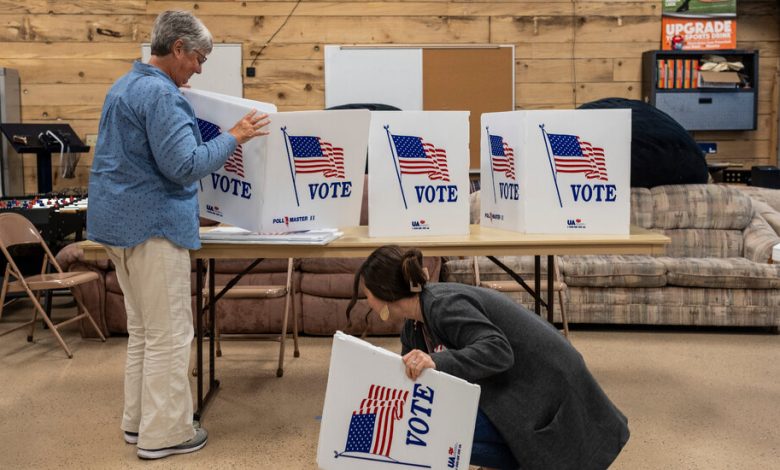Federal Court Moves to Drastically Weaken Voting Rights Act

A federal appeals court moved on Monday to drastically weaken the Voting Rights Act, issuing a ruling that would effectively bar private citizens and civil rights groups from filing lawsuits under a central provision of the landmark civil rights law.
The ruling, made by the U.S. Court of Appeals for the Eighth Circuit, found that only the federal government could bring a legal challenge under Section 2 of the Voting Rights Act, a crucial part of the law that prohibits election or voting practices that discriminate against Americans based on race.
The opinion is almost certain to be appealed to the Supreme Court. The court’s current conservative majority has issued several key decisions in recent years that have weakened the Voting Rights Act. But the justices have upheld the law in other instances, including in a June ruling that found Alabama had drawn a racially discriminatory congressional map.
Passed in 1965, the Voting Rights Act was one of the most significant achievements of the civil rights movement, undoing decades of discriminatory Jim Crow laws and protecting against egregious racial gerrymanders. But the law has been under legal assault almost since its inception, and court decisions through the years have hollowed out key provisions, including a requirement that states with a history of discrimination in voting obtain approval from the federal government before changing their voting laws.
We are having trouble retrieving the article content.
Please enable JavaScript in your browser settings.
We are confirming your access to this article, this will take just a moment. However, if you are using Reader mode please log in, subscribe, or exit Reader mode since we are unable to verify access in that state.
Confirming article access.
If you are a subscriber, please log in.




